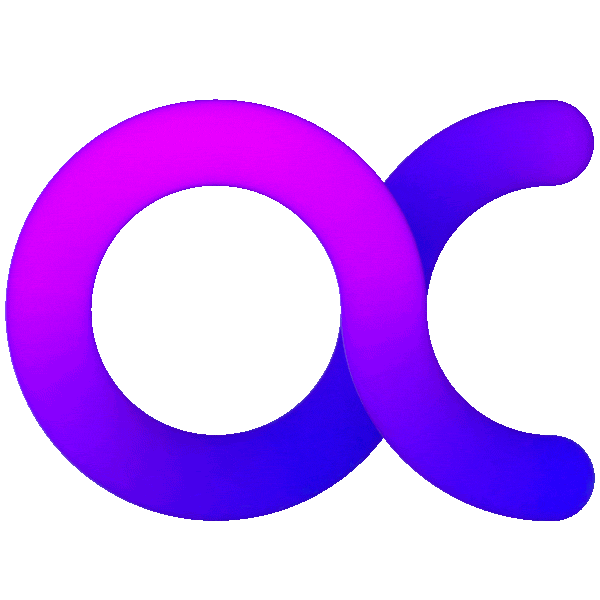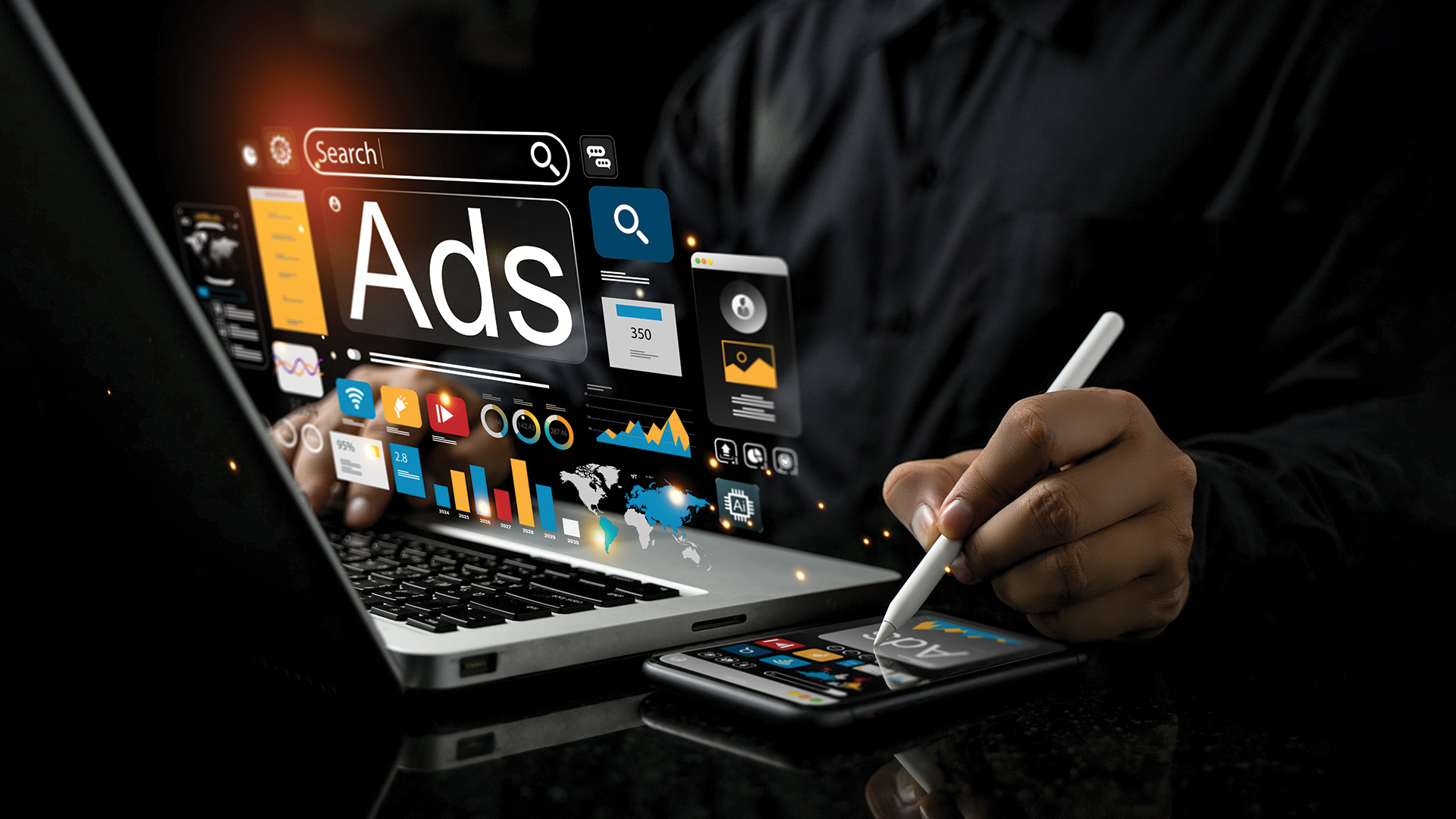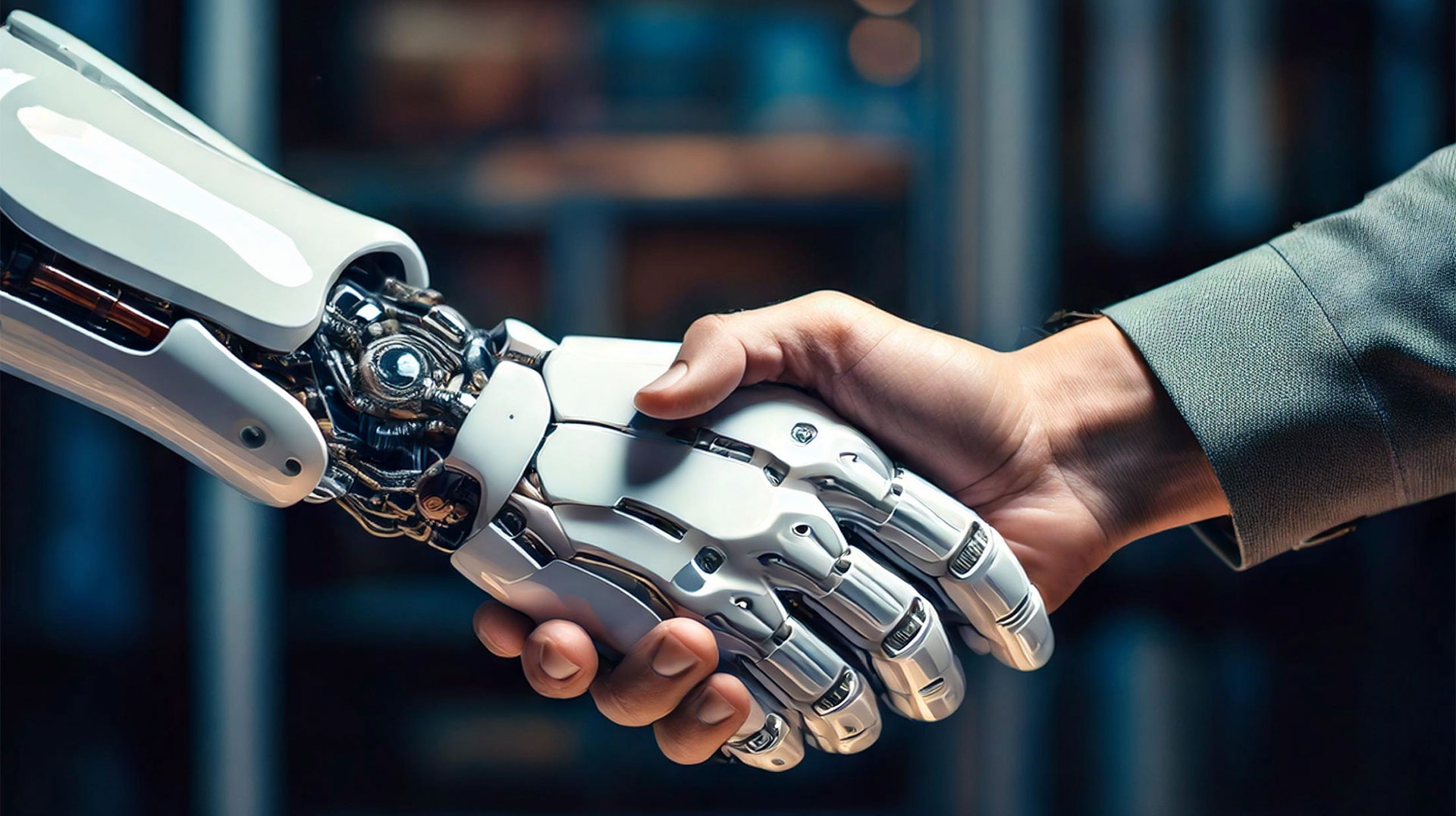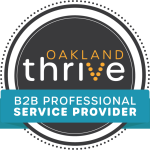In today’s dynamic marketing landscape, the influence of AI is undeniable. With approximately 80% of advertisers incorporating at least one AI-powered Search ads product, the impact of AI on the industry is palpable. Notably, research indicates that campaigns with AI-powered Video Reach blend on YouTube achieved an average return on ad spend that was 3.7 times higher compared to manually optimized campaigns.
Despite its capabilities, AI is not a standalone solution. It necessitates human expertise to navigate its potential effectively. Let’s explore what AI can and can’t accomplish without human input, and how it can amplify marketing efforts.
AI’s limitations revolve around its inability to envision a holistic organizational strategy. As audience segments continue to diversify, marketers must spearhead innovative initiatives that genuinely resonate with customers. This strategic foresight remains a uniquely human domain that AI cannot replicate.
Consider the success story of Mondelēz International, a key player in the snack manufacturing industry. Embracing digital transformation and leveraging Google Cloud, Mondelēz International unified its data and implemented a tailored marketing approach, resulting in a significant increase in global ROI. This shift underscores the necessity of human ingenuity in crafting personalized and impactful marketing strategies.
Conversely, AI excels in facilitating intelligent brand visibility. Powered by Google’s AI-driven ad solutions, marketing budgets can be optimized to maximize results across the entire consumer journey. A prime example is the case of OxiClean, which utilized AI tools and custom landing pages to enhance its marketing strategy, resulting in a notable increase in conversions and a significant reduction in cost per conversion.
While AI’s contribution to marketing is substantial, the essence of exceptional advertising remains rooted in human-driven creativity. Bayer’s Claritin campaign serves as a compelling demonstration of the power of human-led ingenuity in driving successful video campaigns on YouTube.
In recognition of AI’s ability to streamline the creative process, generate innovative content, and facilitate a broader reach, AI-powered tools play a pivotal role in scaling creative endeavors across various platforms. By leveraging AI, brands can elevate their storytelling and deliver impactful campaigns that resonate with audiences.
However, it’s essential to acknowledge that AI lacks the ability to empathize with individuals. Empathy lies at the core of effective marketing, highlighting the indispensable role of human connection in cultivating meaningful brand experiences.
Furthermore, in an era marked by shifting privacy regulations and evolving customer preferences, AI can aid in fostering customer trust by leveraging first-party data and respecting user privacy. The integration of AI into marketing operations is a complementary partnership that emphasizes the collective strength of human creativity and AI-driven insights.
As the landscape continues to evolve, the role of marketers remains pivotal. It is the seamless collaboration between human intellect, creativity, and AI-driven capabilities that serves as the driving force behind effective and impactful marketing initiatives.






